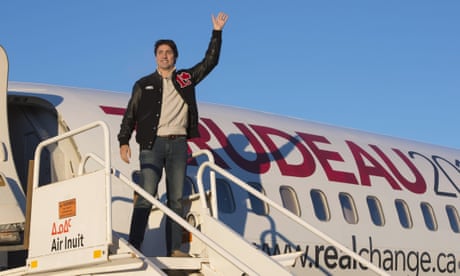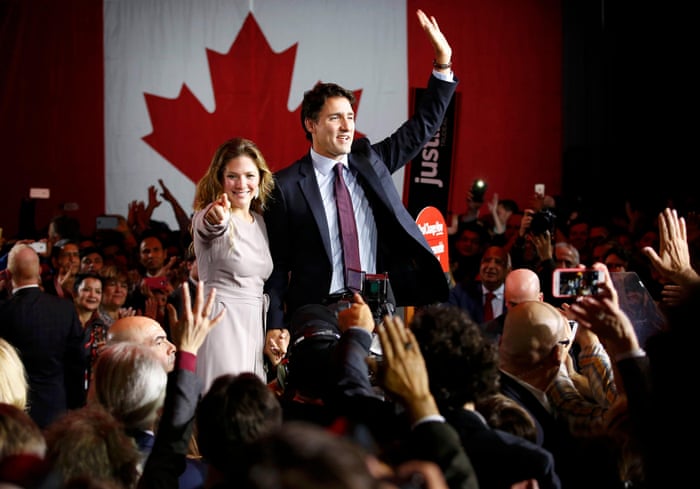The Egyptian Civil Aviation agency has said that a Russian commercial
jet carrying 224 people, which crashed in the Sinai Peninsula early
Saturday, was last seen at 31,000 feet before disappearing off radar 23
minutes after taking off from Sharm el Sheikh airport headed for St
Petersburg.
The Airbus A-321 operated by Russian airline Kogalymavia (also known as Siberia-based Metrojet) was carrying 217 passengers – 17 of whom were children – and 7 crew members. Egyptian authorities said all on board were Russians.
Egyptian media said that the country’s fighter jets flying reconnaissance located a debris site in Al-Hassana in central Sinai.
There were unconfirmed reports in some local media that the plane had been split in two.
Egyptian Prime Minister Sherif Ismail, who earlier formed a task force in cooperation with Russian authorities to investigate the cause of the crash, canceled a plan trip to the city of Ismailiyah and met with his cabinet in emergency session early Saturday.
Egyptian media reported that he was headed to the crash site at Al-Hassana, 300km north of the popular Sharm el Sheikh resort frequented by Russian tourists.
Ismail said that 54 ambulance and relief vehicles had arrived at the crash site. Some Egyptian media reported that bodies were now being recovered.
Read moreEgypt: Russian plane disappeared at 31,000 feet | The BRICS Post
The Airbus A-321 operated by Russian airline Kogalymavia (also known as Siberia-based Metrojet) was carrying 217 passengers – 17 of whom were children – and 7 crew members. Egyptian authorities said all on board were Russians.
Egyptian media said that the country’s fighter jets flying reconnaissance located a debris site in Al-Hassana in central Sinai.
There were unconfirmed reports in some local media that the plane had been split in two.
Egyptian Prime Minister Sherif Ismail, who earlier formed a task force in cooperation with Russian authorities to investigate the cause of the crash, canceled a plan trip to the city of Ismailiyah and met with his cabinet in emergency session early Saturday.
Egyptian media reported that he was headed to the crash site at Al-Hassana, 300km north of the popular Sharm el Sheikh resort frequented by Russian tourists.
Ismail said that 54 ambulance and relief vehicles had arrived at the crash site. Some Egyptian media reported that bodies were now being recovered.
Read moreEgypt: Russian plane disappeared at 31,000 feet | The BRICS Post












